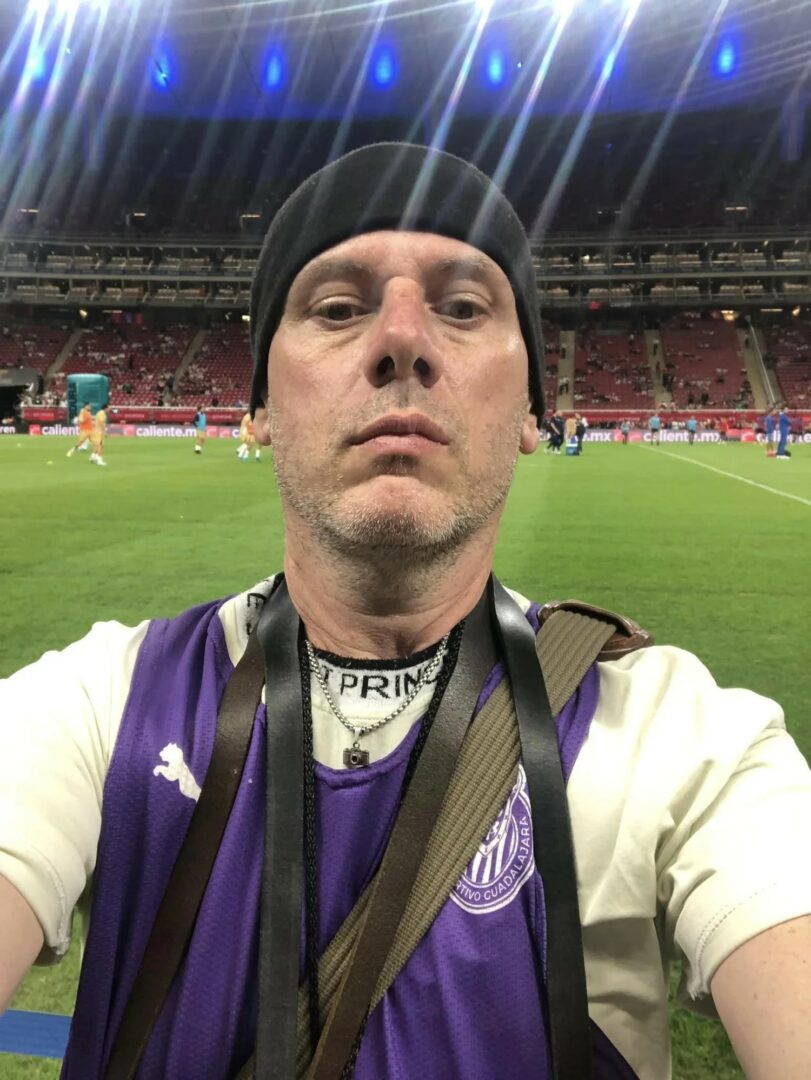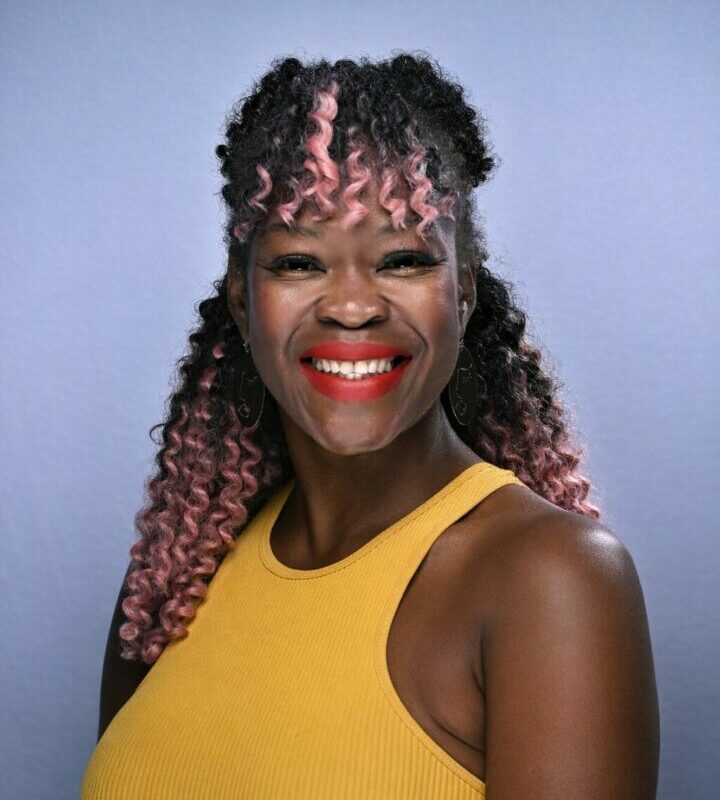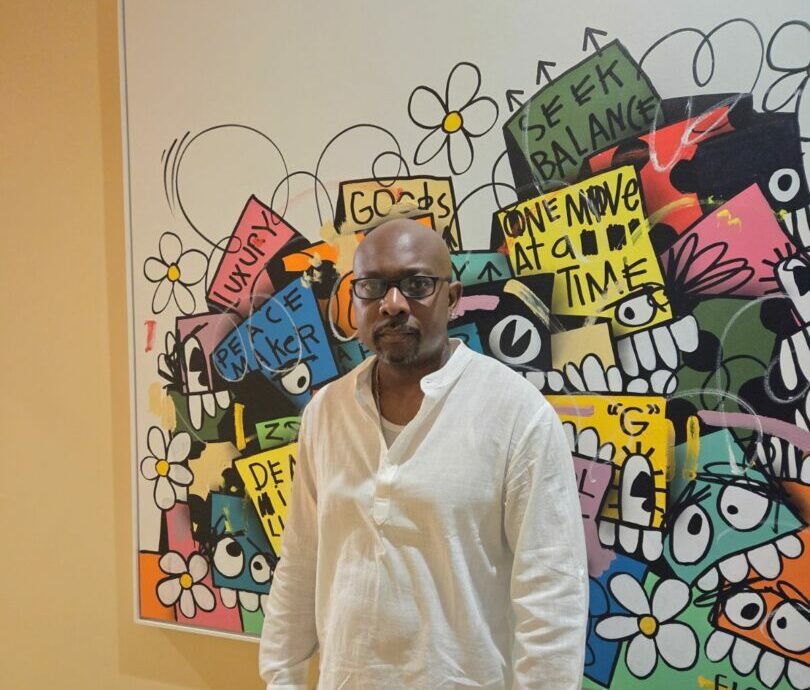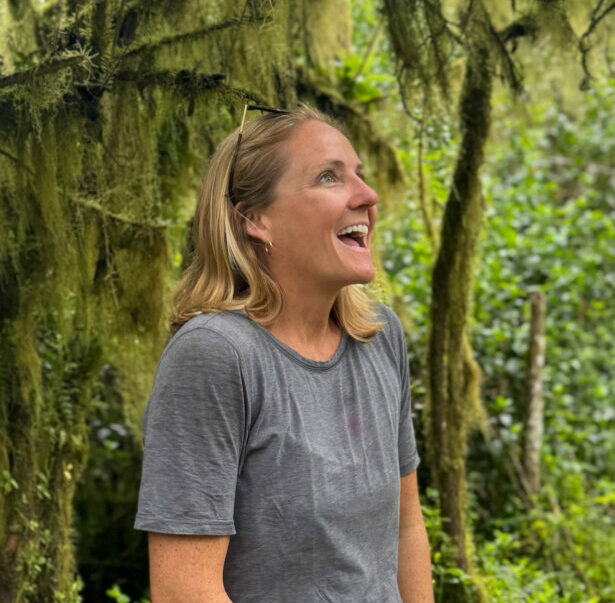Alex Coghe shared their story and experiences with us recently and you can find our conversation below.
Hi Alex, thank you so much for taking time out of your busy day to share your story, experiences and insights with our readers. Let’s jump right in with an interesting one: What’s more important to you—intelligence, energy, or integrity?
If I had to choose, I would say integrity. Because intelligence without integrity becomes manipulation, and energy without integrity becomes chaos. Integrity is what gives meaning and direction to the other two.
In photography, and in life, integrity is the invisible backbone. It’s what keeps your work honest, coherent, and human. I’ve always believed that photography is a moral act as much as an aesthetic one. When I’m busy to photograph, I’m not just composing images; I’m engaging with reality, with people, with moments that deserve respect. Integrity is what allows me to look at my photographs and recognize myself in them.
Of course, intelligence and energy are essential too: intelligence to understand what you’re seeing, and energy to keep going when the streets are silent. But without integrity, all that effort risks becoming empty performance. Also I would consider intelligence combined with culture, because an intelligent person without culture is an empty glass.
Can you briefly introduce yourself and share what makes you or your brand unique?
I’m an Italian photographer based in Mexico City, where I’ve been living and working for more than a decade. My practice moves between documentary and portrait photography: two worlds that, to me, are deeply connected. Whether I’m working with a model, an actress, or an unknown person I meet in the street, I’m always interested in authenticity, in revealing something true about the human presence in front of my lens.
Over the years I’ve worked with private clients, often creating portraits that sit somewhere between editorial and psychological study. At the same time, my documentary work has been published internationally, including by L’Équipe through France Football magazine, where I’ve contributed coverage that explores not just sports but the human stories surrounding them.
What I find most exciting in my work is that I don’t separate commercial assignments from personal works. Everything feeds into a larger narrative about identity, place, and emotion. Photography, for me, is an ongoing dialogue, between reality and interpretation, between the world and the photographer’s own consciousness.
Right now, I’m developing new works that continue to explore this intersection between portraiture and documentary, while also teaching and sharing my approach through masterclasses and workshops. It’s a life made of images and encounters, and I wouldn’t want it any other way.
Great, so let’s dive into your journey a bit more. What breaks the bonds between people—and what restores them?
What breaks the bonds between people is indifference. When we stop truly seeing one another, when we reduce human experience to statistics, trends, or social media performances, something essential dies. We no longer relate; we consume each other. The tragedy of our time is not the lack of communication, but its superficial excess. Everyone is speaking, yet very few are listening.
What restores those bonds is the act of recognition. To look at someone and really see them, not as a reflection of ourselves, but as another existence, equally complex and fragile. This is why I photograph. The camera, when used with honesty, becomes an instrument of empathy. And it is also a political instrument. Yres…a powerful political instrument.
Pasolini once said that reality is sacred, and I deeply agree with that. In my photography, whether I’m portraying an actress in a studio or a worker in the street, I try to defend that sacredness. To photograph someone is to affirm that they exist, that their presence matters. And maybe, in that brief exchange of gazes, something of the lost connection between human beings is momentarily restored.
When did you stop hiding your pain and start using it as power?
I stopped hiding my pain when I understood that art doesn’t come from perfection, but from fracture. For a long time, like many people, I thought pain was something to overcome or disguise. But life, and especially photography, taught me that pain is not the opposite of beauty: it’s one of its raw materials.
When you live through displacement, solitude, or loss, you begin to see the world differently. The light becomes more fragile, the gestures more meaningful. That sensitivity can destroy you if you resist it, but it can also give you a vision: an authenticity that no academic training can offer.
Photography became my way of transforming wounds into form. Every portrait, every moment I frame in the street, is an act of reconciliation with life. The camera doesn’t heal, but it gives you a language to speak the unspeakable.
So I didn’t exactly stop hiding my pain, I learned to give it shape, rhythm, and light. And in doing so, I think I became more human, and maybe a little freer.
Alright, so if you are open to it, let’s explore some philosophical questions that touch on your values and worldview. What’s a cultural value you protect at all costs?
The cultural value I protect at all costs is authenticity. Not in the superficial sense that the word has acquired, but as a moral position. Authenticity means resistance: against conformity, against the tyranny of trends, against the flattening of thought and emotion.
We live in a time when image and identity are constantly curated, performed, monetized. The danger is that we start confusing visibility with truth. For me, authenticity is about preserving a space where contradiction, doubt, and imperfection can exist. It’s about defending the right to complexity in a world that demands simplification.
In my photography, in teaching, and in life, I try to protect that space. I think art’s duty is not to comfort but to reveal, even when what it reveals is uncomfortable. Authenticity, then, is not about being “real” in some naïve sense; it’s about being honest in the face of all the pressures that ask you not to be. I am not afraid to be out of this society that mostly I disagree, especially how politics and social “evolution” crated the new paradigmas, I am perfectly aware of all the fake and the frauds that politicians, government and enterprises created for us. And I fight that, I am not afraid even to leave the city and going to the countryside if I am constrained, to protect myself and my family. Luckily I’m not a slave to some corporate entity.
That’s a form of dignity. And I believe dignity is the last true luxury left in contemporary culture.
Okay, so let’s keep going with one more question that means a lot to us: What do you think people will most misunderstand about your legacy?
I think people will misunderstand the breadth of my work. I’m often labeled as a street photographer, and while I embrace that part of my identity, it’s only one chapter of a larger story. What truly interests me is the human condition in all its manifestations, whether I find it in the street, in a portrait session, or even in a silent landscape.
My photography has always been guided by a conceptual and emotional core rather than by genre. The street, the portrait, the landscape, they’re all territories where I explore the same question: what does it mean to be alive, to exist in time and space, to leave a trace?
I think the misunderstanding comes from the human need to categorize. History loves boxes. But artists live between them. If my work survives me, I hope people will see that the so-called “street” was never just a place, it was a metaphor for presence, encounter, and truth.
Even after I’m gone, some may still define me by that label, and that’s fine. But I know that underneath it, my real subject has always been life itself: raw, elusive, and beautifully complex.
Contact Info:
- Website: https://alexcoghe.com
- Instagram: https://www.instagram.com/alex_street_photographer/
- Linkedin: https://www.linkedin.com/in/alessiocoghe/
- Youtube: https://www.youtube.com/c/AlexCoghe
- Other: I have a secondary account on instagram that you can find in the prime account. Also I am on substack and I have a blog in Italian language:
https://fotoreportando.wordpress.com/
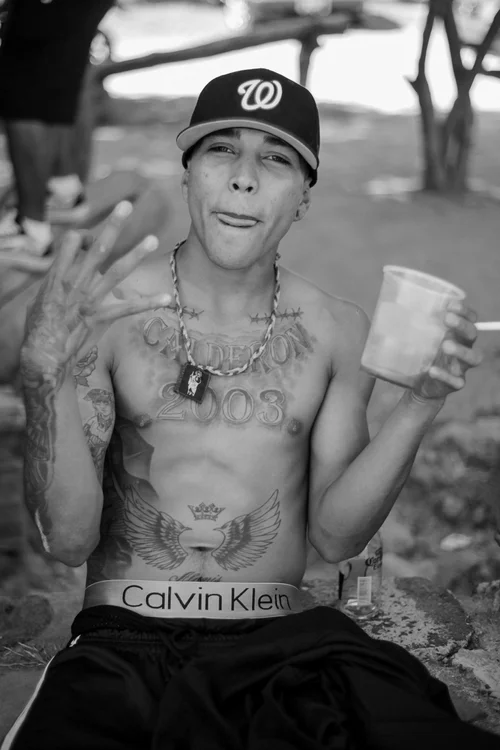
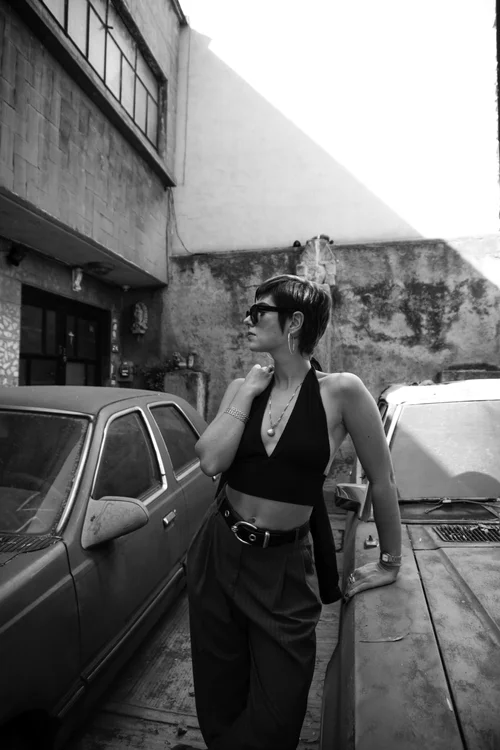
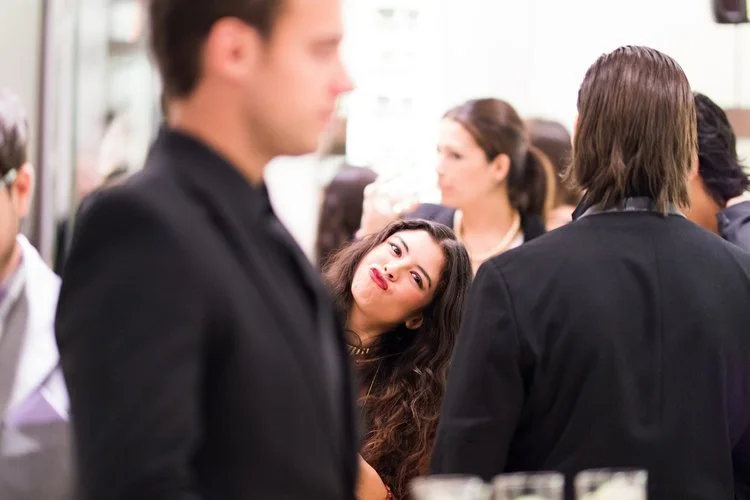
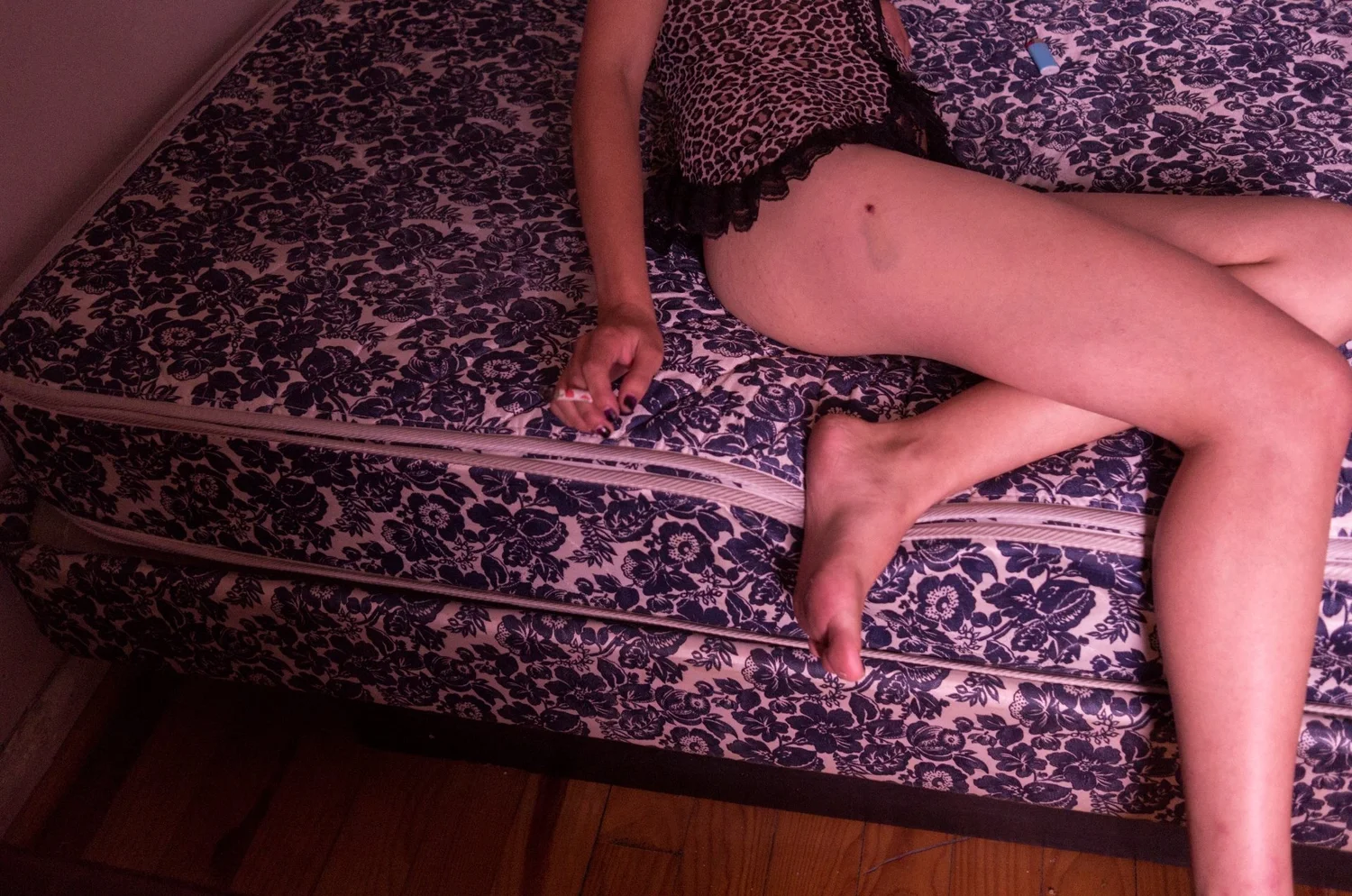
so if you or someone you know deserves recognition please let us know here.

